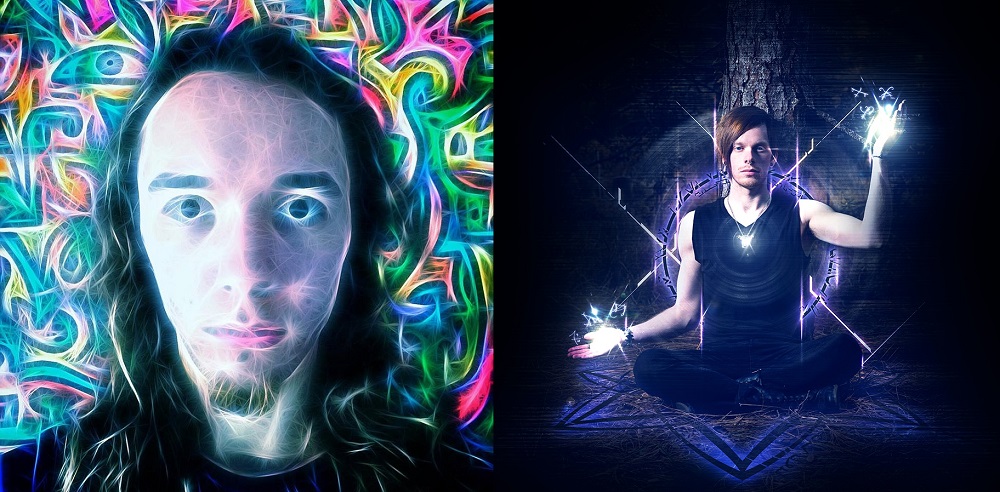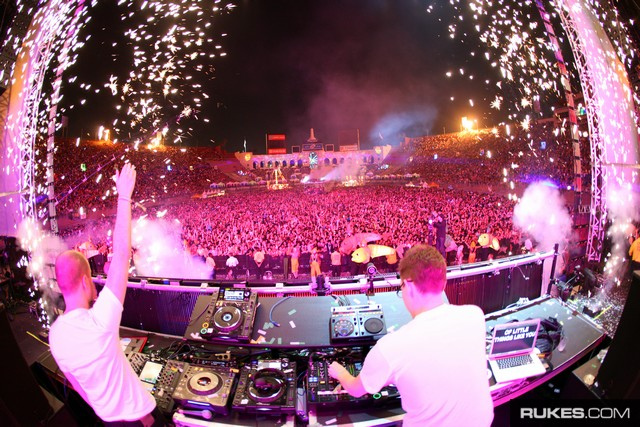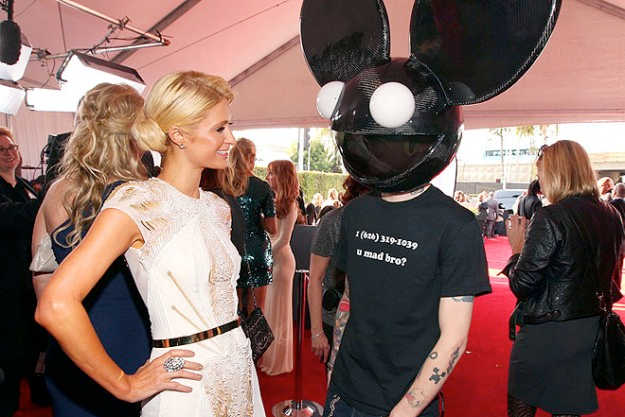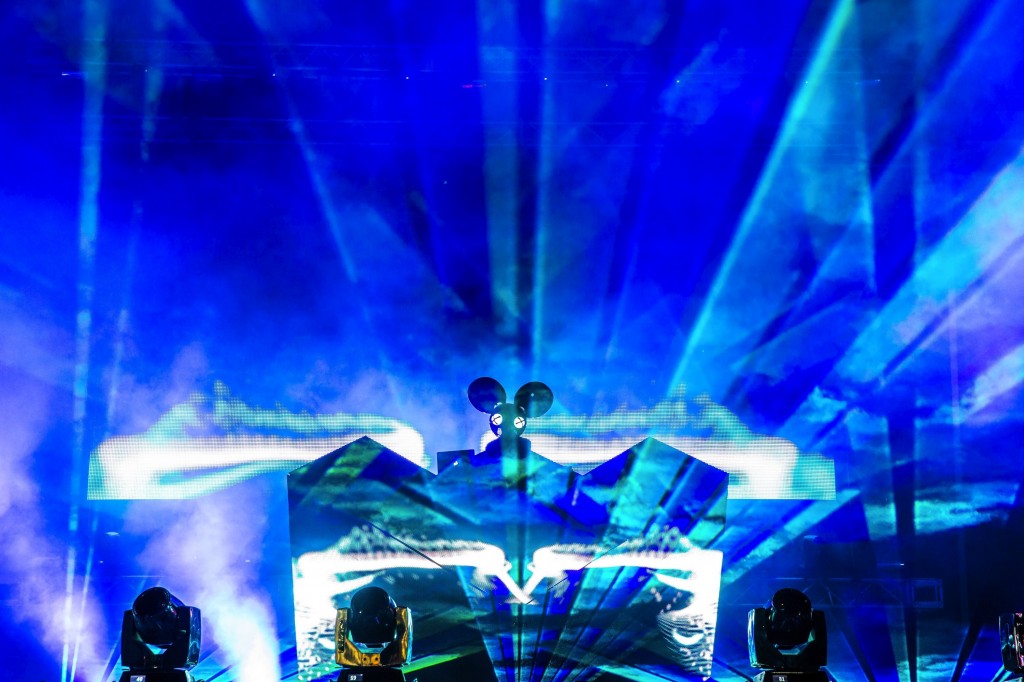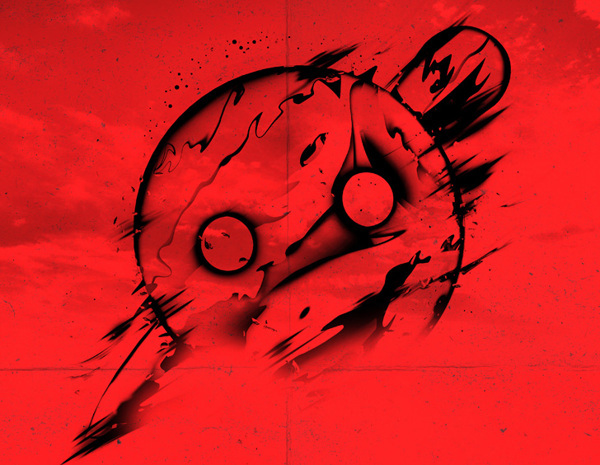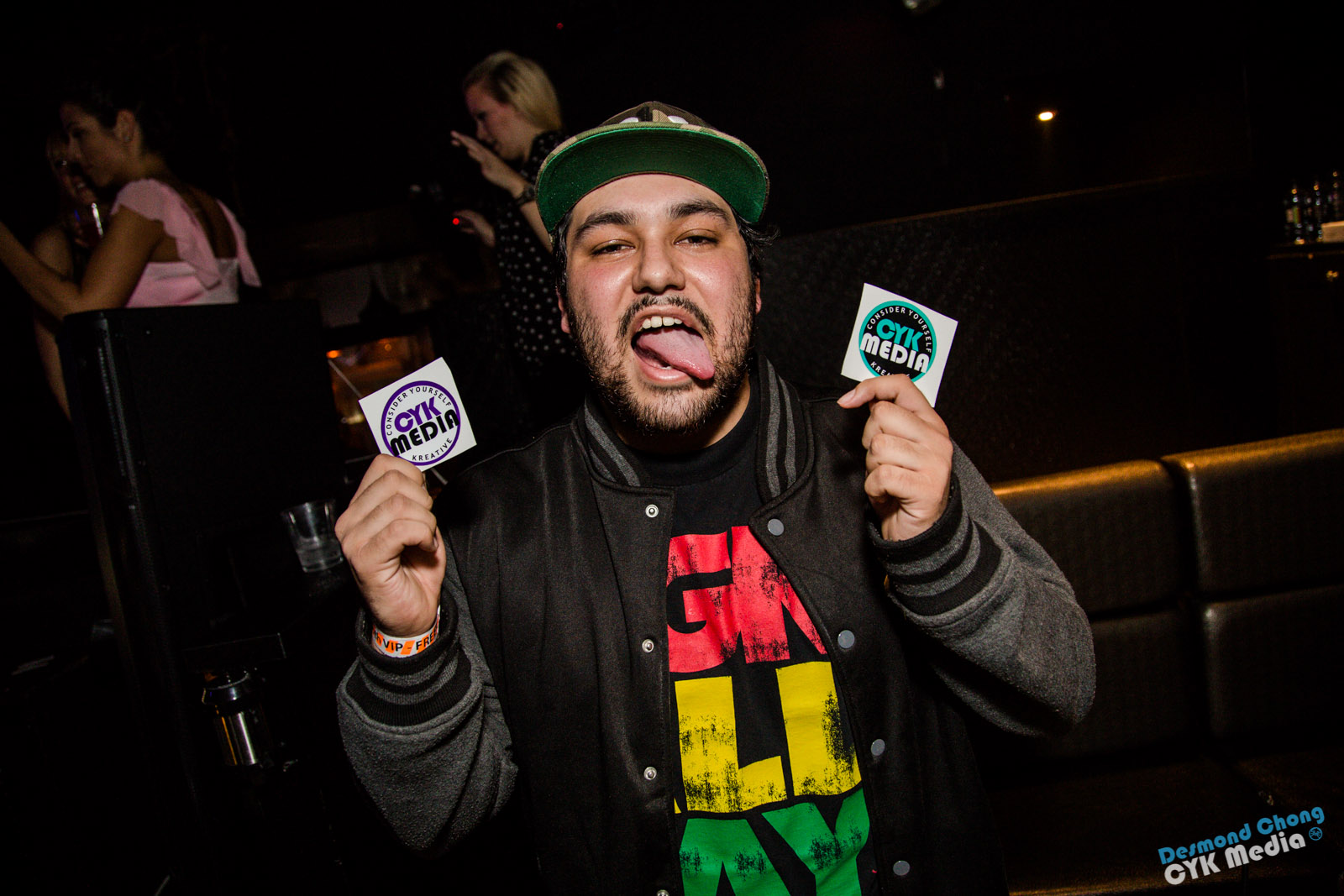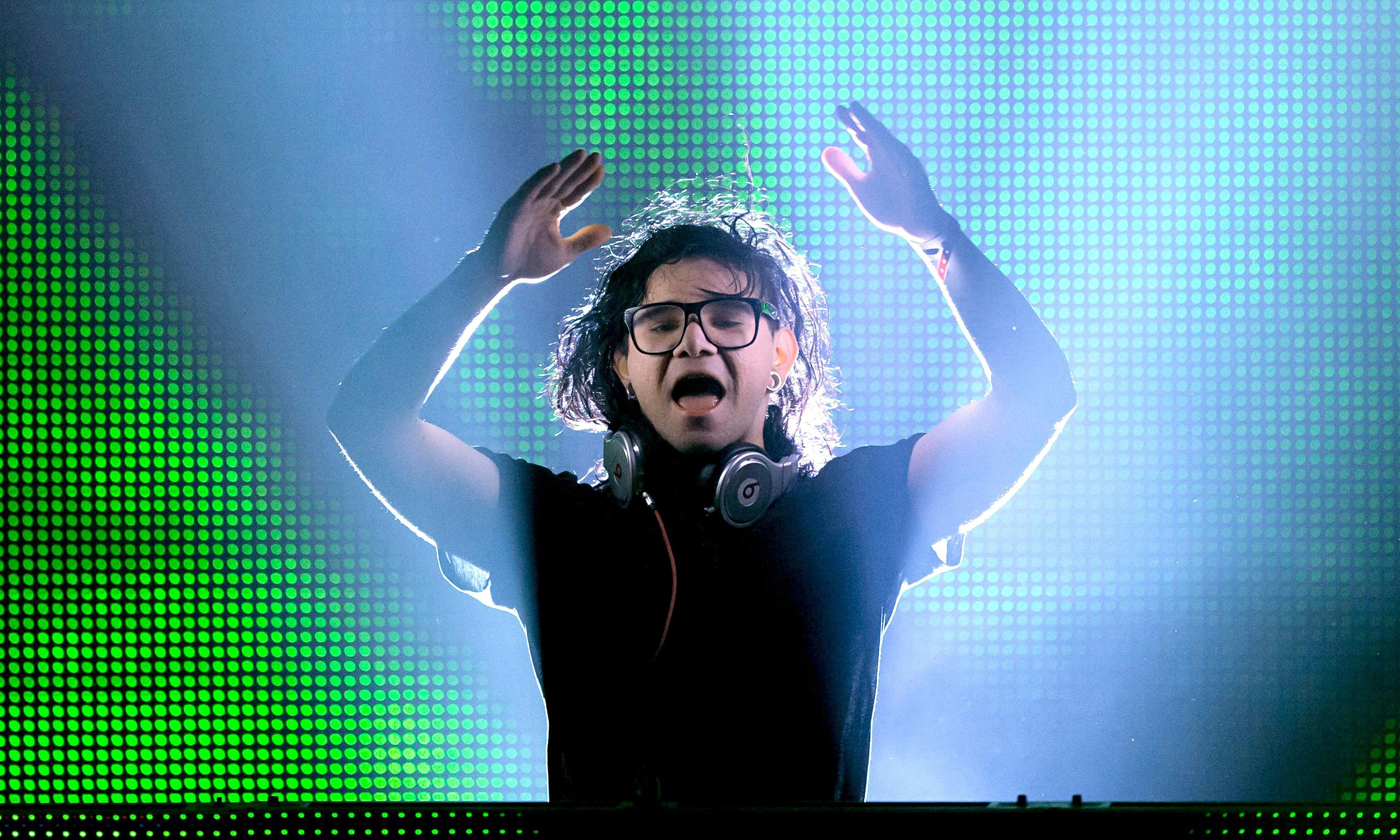Monstercat released their 019 Compilation album, titled Endeavour, on October 22nd. We here are huge fans of Monstercat, and work with them extensively, bringing you great content like an exclusive interview with head honcho Mike Darlington, or all of the myriad releases we cover from week to week. This time around, we wanted to do something different, something that either has never been done before, or that hasn’t been done in recent memory.
We got two of the most note-worthy Monstercat artists to interview each other: Varien and Au5. The only two ways it could have gone were insightful into their respective backgrounds or just really funny. Of course, we should have known that these two take their work very seriously, and we got a great insight into each of their processes and interests, from Varien’s “Valkyrie” to Au5’s relationship to Tasha Baxter.
Questions for Varien:
When did you start producing and what is your musical background before producing? (Instruments, bands, etc)
I started producing about 6 years ago, when I was 19. The initial urge to produce was spawned out of how many bands I had been in, and how nothing ever got anywhere! I wanted full control because I had these really cool ideas, but if the bass player for the band didn’t show up, or we didn’t have a vocalist, these ideas could never come to fruition. As for my personal background, I have played guitar since I was 11, piano since I was 14, and was both self-taught and classically trained in music theory for most of my teenage years.
What is the concept behind Valkyrie? What is the story about that is being sung?
The concept of the song “Valkyrie”, as well as “Valkyrie II: Lacuna” stems from Norse mythology – Valkyries were female angels that decided who died on the battlefield. They also have been known to fall in love with mortals, and that’s the concept for this trilogy that I’m building – a love between a Valkyrie who chose to kill someone that she loved and then regrets it. Valkyrie I is from the perspective of Laura Brehm, who plays the mortal soldier. Valkyrie II is from the perspective of the Valkyrie herself, played by Cassandra Kay, who regrets choosing her lover to die and will do anything to bring her back. Valkyrie III? Well, you’ll just have to wait to find out!
What was the process like working with Laura? Did you convey an idea, story, or lyrics to her before she tracked the vocals?
I had a vague sense of an idea, and Laura really helped flesh it out. I sent her a minute-long demo and she sent back this hauntingly beautiful, almost indie-folk version of it, which absolutely rocked my world. I blended her ideas with mine, and the Valkyrie “sound” was born. It felt like at that moment I knew exactly what to do for not just that song, but for parts two and three as well.
The entire song sounds like it could be a live band performance. How much of this was sequenced vs recorded live?
About 50% was sequenced and 50% is live instrumentation. I’ve been doing a lot more live instrumentation as time goes by, and less “EDM” production. I have nothing against electronic production obviously, but for me personally, holding a guitar in my hand or playing a passage on a piano is musically invigorating. It’s also due to the fact that my interest in EDM has faded a lot, and I am focusing on my core influences.
What are your influences? Are there any artists or works that particularly inspired Valkyrie?
My influences range a lot, from Ambient to Black Metal. My main influences that I tap into for the Varien “sound” are Opeth, Dream Theater, Versailles, Evanescence, Nightwish, Within Temptation, Two Steps from Hell, and Celldweller. For Valkyrie, an obvious Evanescence / Within Temptation influence is present, although the main melody for Valkyrie I was inspired by Japanese composers like Nobuo Uematsu (Final Fantasy), Junichi Masuda (Poke’Mon), and Motoi Sakuraba (Star Ocean). I have a pre-production ritual where I look at visual art or read a book to get into a creative mindset too!
Most of your music is quite cinematic, do you have future plans or ambitions for movie score/soundtrack production in the future?
Definitely. It’s something I’ve been working on my whole career, mostly behind the scenes. Media composing is such a tough industry to get into, and just now I’m actually sort of in it, whereas before I was just having little victories here and there. I’ve already had some success in film, trailer, and TV licensing, but actual composing work is in the pipeline.
Questions for Au5:
How did you and Tasha meet?
Tasha has been one of my favorite vocalists in EDM. I had the instrumental for Snowblind finished and knew it needed a vocalist. I decided to contact her via email and propose the offer, not really having any expectations. To my surprise she replied enthusiastically willing to work with me on it.
What is it like to work with Tasha?
Very easy and fun. We’re both cooperative people in the first place so there wasn’t a power struggle or anything, it was pretty mutual. I didn’t even have to give her a theme or any guideline, she took it and ran with it, nailing the verse and chorus on the first take, lyrics and all. 2 takes later and the 2nd verse and harmonies were done. Tasha is a great person and we’ll most likely be working together on something in the future.
What was your intention for making Snowblind? Are there any cool stories behind it or any meaning to the name?
There was no specific intention or concept behind Snowblind in the beginning. As it evolved it began to take a more concrete form and the idea progressively became more apparent (as with most of my music). The meaning is subjective, but the theme is about pushing forward and not looking back. If you have a path to take, take it, and don’t let the past drag you down.
How long did it take you to make the track? What were the biggest challenges you faced when making it?
I started Snowblind the day after Christmas. It took approximately 6 months total from start to finish. The progression and melodies came easily. The song underwent many changes to structure and drop arrangement until I was fully satisfied. The biggest challenge was sound design, not specifically creating the sounds, but tweaking them so that all of the different sounds flow together and sound concise. I will spend an entire day working on mixing and tweaking basses, then the next day scrap it and start anew.
Did you gain any new knowledge or techniques from working on this tune?
Nothing too revolutionary, no. I’ve come up with ideas to use minor techniques like using velocity and release times to modulate parameters other than amplitude or cutoff for more expressive articulation of leads and bass riffs. Also I began using formant shift modulation for non-vocal material such as basses which resulted in some pretty cool effects.
